Van Gogh’s Illness: Unraveling the Turbulent Mind Behind the Masterpieces
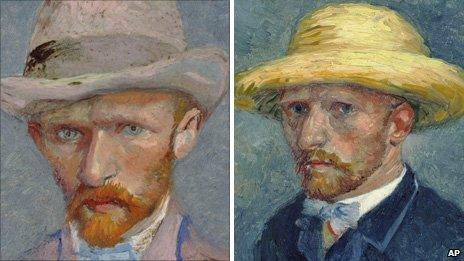
Vincent van Gogh, a prominent artist of the nineteenth century, is well-known for his distinct creative style and emotionally charged artworks. His life, however, was blighted by a number of physical and mental health issues. Based on historical and medical facts, we shall look into his ailments and throw light on the probable disorders he suffered from in this essay.
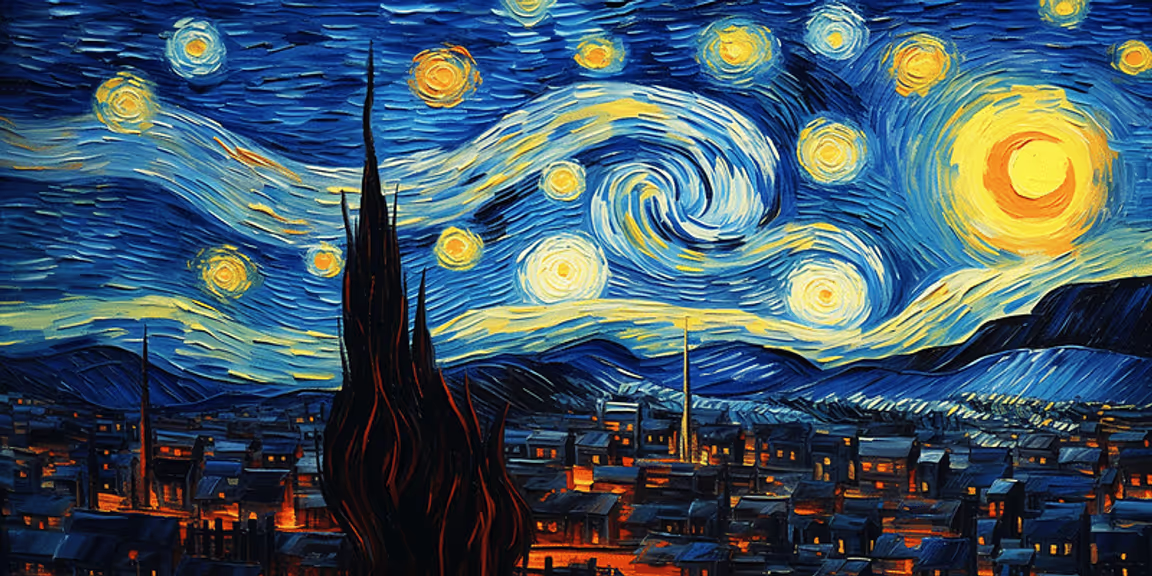
Early Symptoms and Difficulties:
Van Gogh’s battle with mental illness began in his early life. He went through phases of severe depression, worry, and emotional instability. These difficulties influenced his professional as well as personal life, resulting in broken relationships and an exhausting search for meaning and self-expression.
The Complexity of Van Gogh’s mental well-being
Van Gogh’s mental health has piqued the attention and conjecture of art historians and aficionados. While it is impossible to establish a clear diagnosis, various interpretations have been presented based on his writings, self-portraits, and testimonies of others who knew him.

Bipolar Disorder: A Mood Disorder Afflicting Van Gogh
Research suggests that Van Gogh may have suffered from bipolar disorder, also known as manic depression. Bipolar disorder is characterized by extreme shifts in mood, including periods of intense mania and debilitating depression. His artistic bursts of energy, followed by episodes of deep despair and melancholia, align with this condition.
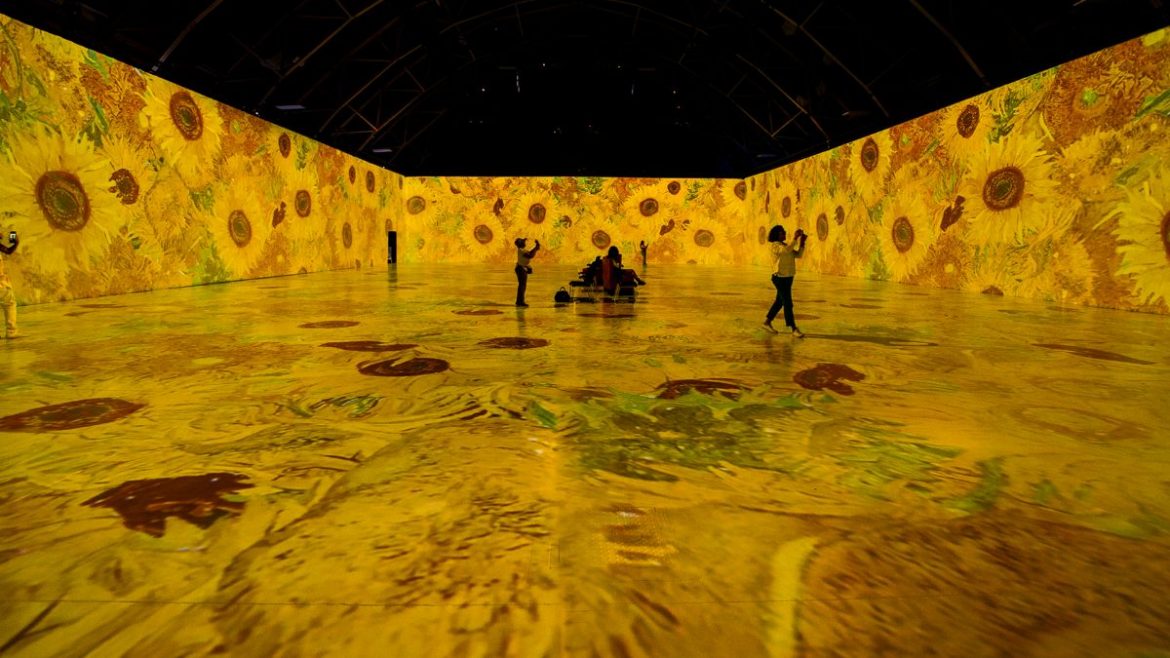
Borderline Personality Disorder: Another Possibility
Some experts speculate that Van Gogh may have had a borderline personality disorder (BPD), citing impulsivity and emotional instability as key indicators. BPD is characterized by difficulties in self-regulation, unstable relationships, and impulsive behaviors.
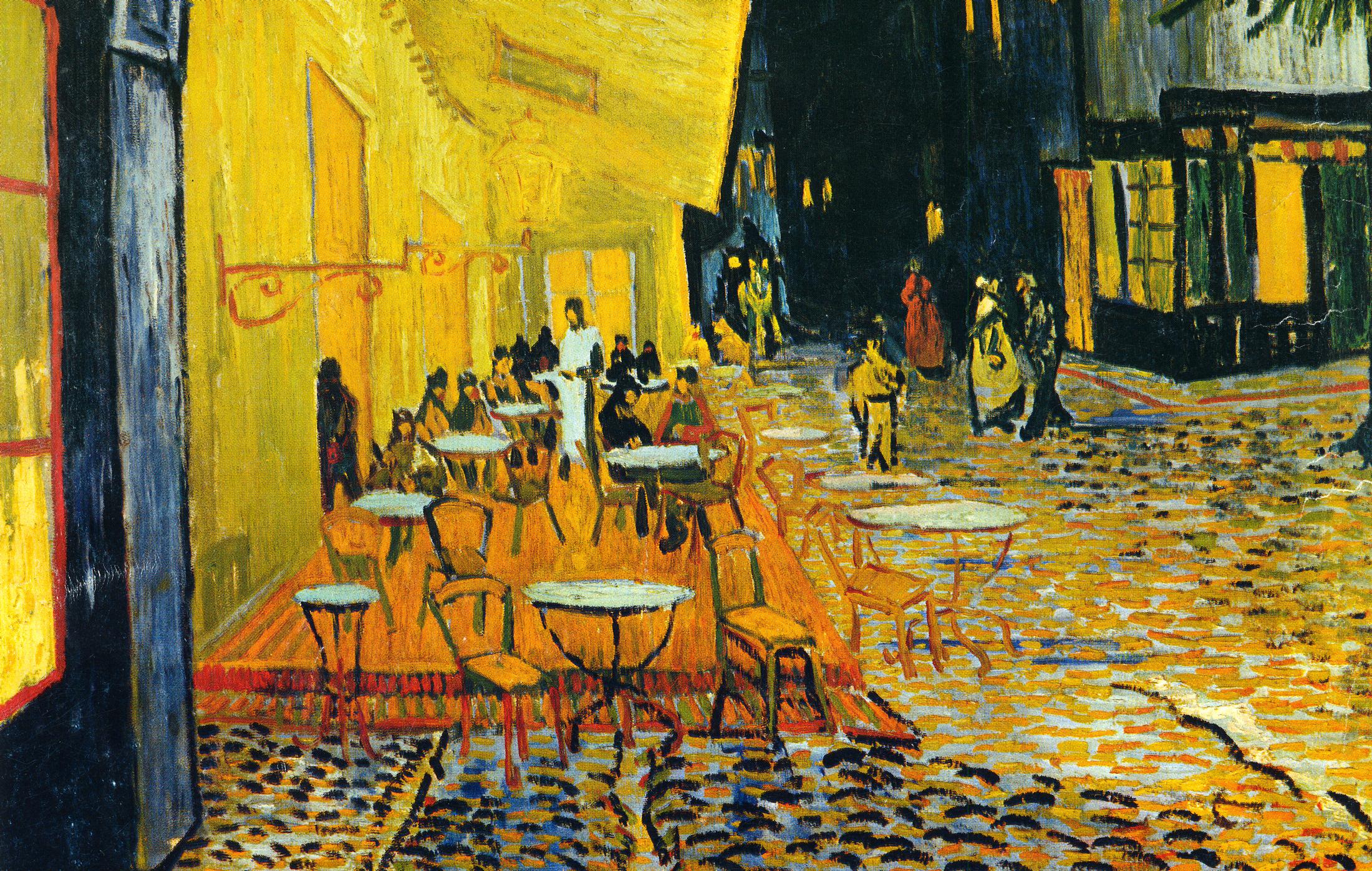
Van Gogh’s Physical Health Challenges
In addition to his mental health struggles, He battled various physical ailments, which undoubtedly compounded his hardships.
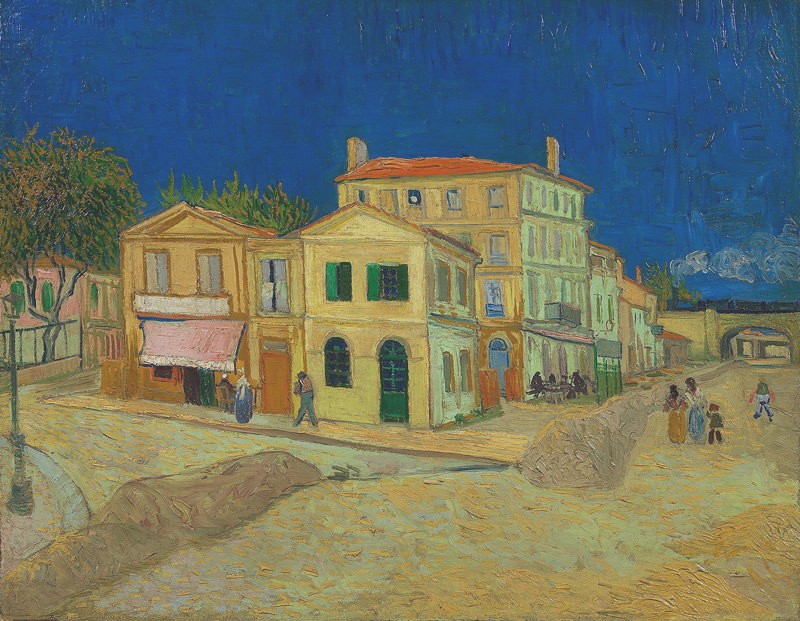
Epilepsy: Seizures and Their Impact on Van Gogh’s Life
There is evidence to suggest that Van Gogh experienced seizures, leading some experts to speculate that he may have had epilepsy. Seizures can cause visual disturbances, loss of consciousness, and altered states of perception. These episodes might have influenced his artistic style, characterized by vivid colors and distorted perspectives.
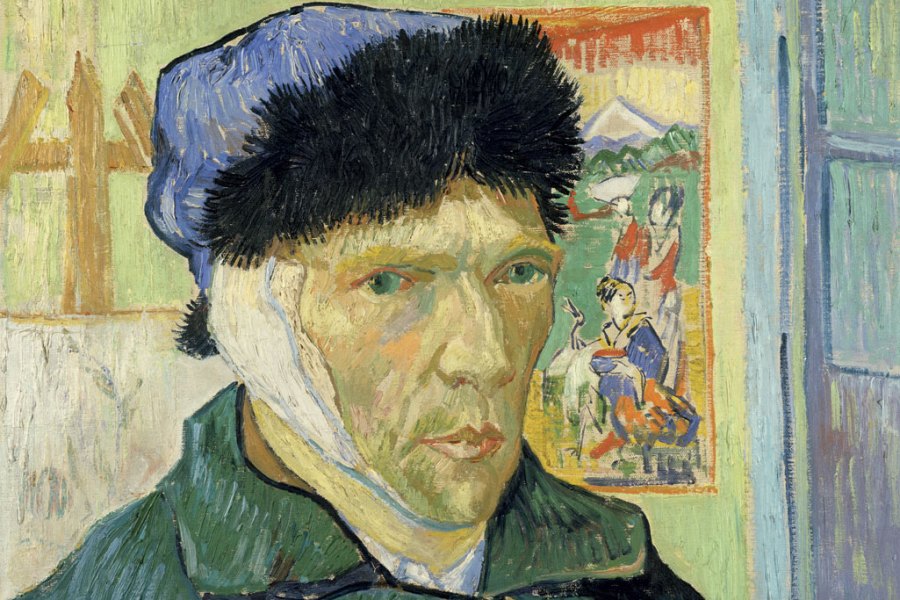
Syphilis: Controversial Theories about Van Gogh’s Illness
Another controversial aspect of his health history revolves around the possibility of him contracting syphilis. Some researchers propose that the artist’s erratic behavior and mental decline could be attributed to advanced stages of this sexually transmitted infection. However, this theory remains speculative and lacks concrete evidence.
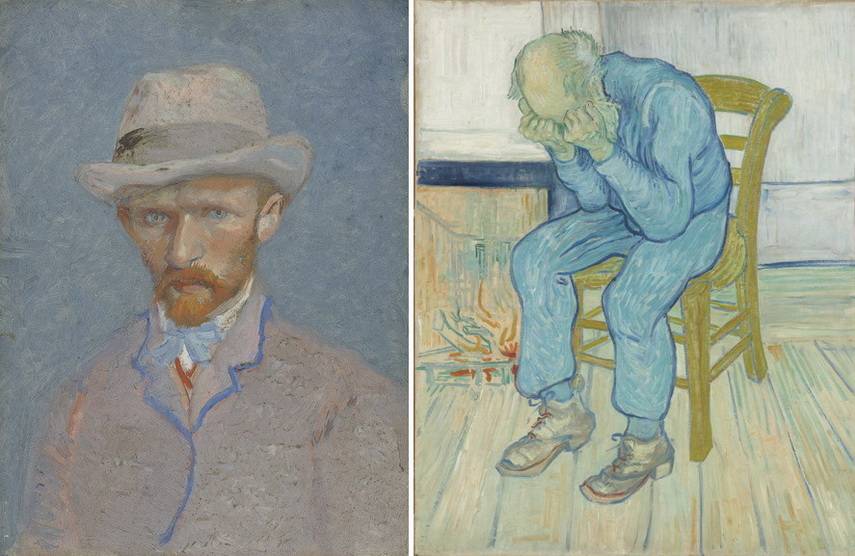
The Intersection of Mental and Physical Health
It is essential to acknowledge that Van Gogh’s mental and physical health were intricately linked, with one impacting the other. The toll of his illnesses on his overall well-being cannot be underestimated, as it influenced both his personal life and artistic output.
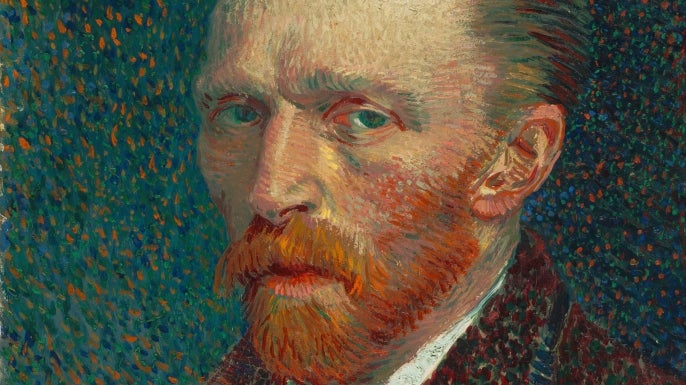
The Role of Art:
Van Gogh’s Outlet for Expression: Despite the challenges posed by his mental health, he found solace and healing through his art. Painting became an outlet for his innermost emotions, allowing him to channel his experiences onto canvas. Through vibrant colors, bold brushstrokes, and evocative imagery, he expressed his anguish, dreams, and profound connection with nature.

Legacy and Impact on Mental Health Awareness:
Van Gogh’s life and struggles with mental illness have had a profound impact on the perception and understanding of mental health in society. His story serves as a reminder that mental illness can coexist with extraordinary talent and creativity. His legacy has contributed to destigmatizing mental health conditions, sparking conversations, and inspiring empathy and understanding.
The End:
Vincent van Gogh’s life was sadly marred by significant health issues that impaired his artistic talent as well as his entire well-being. While the precise extent of his ailments may never be known for certain, evidence shows that he struggled with a complex interplay of mental and physical health issues. As plausible reasons for his varied symptoms and behavior, bipolar disorder, borderline personality disorder, epilepsy, in addition to the possibility of syphilis have all been considered.
Van Gogh’s lasting artistic legacy attests to his exceptional capacity to produce great beauty in the midst of personal pain. His battles with physical as well as mental wellness shed light on the fundamental complexities of the human experience and remind us of the significance of compassion and understanding for others suffering similar issues in our own day.
Despite being a student and an athlete, Sachin never lets himself be confined merely to sports or academics and rightly shows vivid interest in work behind the lenses thus, making him the right fit for being a content creator at Landscape Insight. He serves the website with various reports from the entertainment industries right from web series to movies. When not found writing, he enjoys listening to music and playing video games.
You can reach him at [email protected] or through our website’s contact page.








